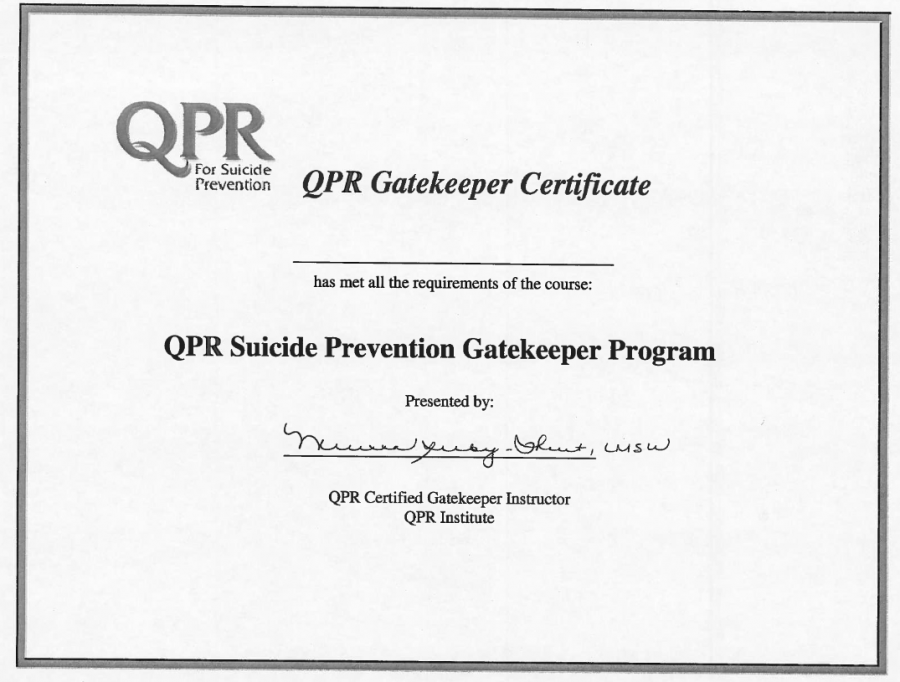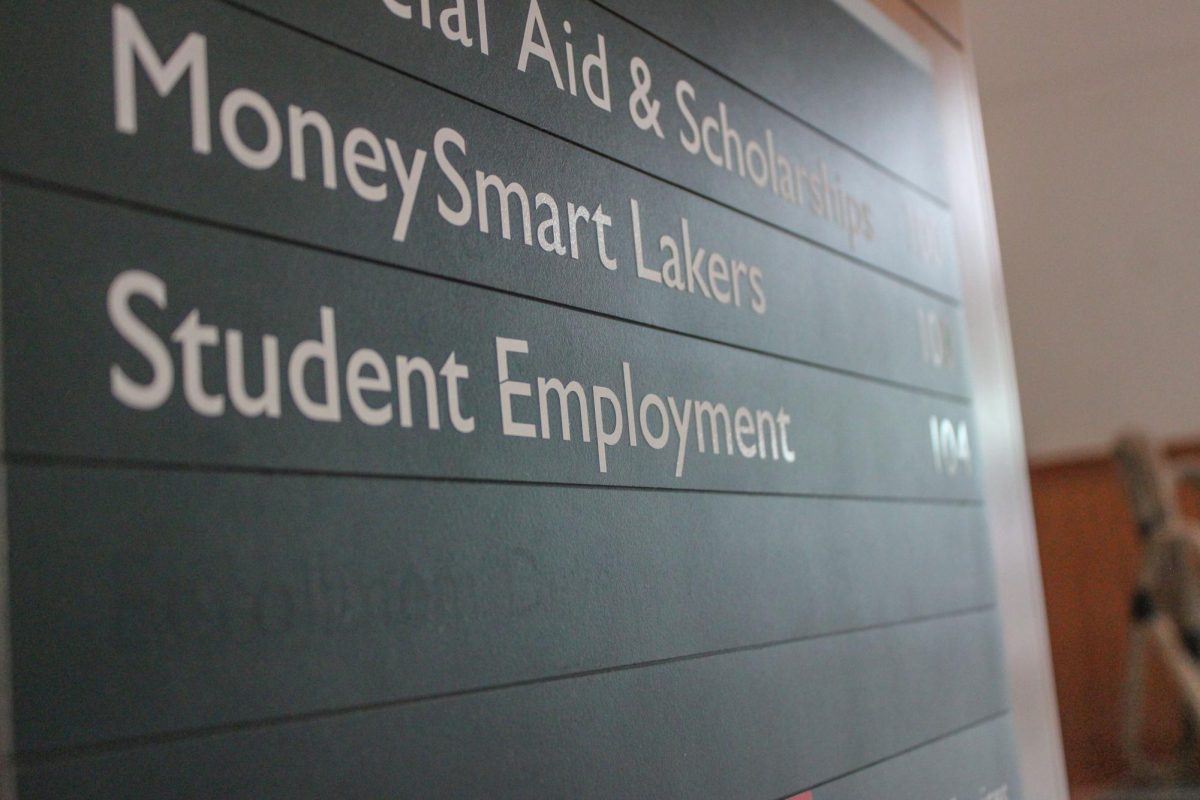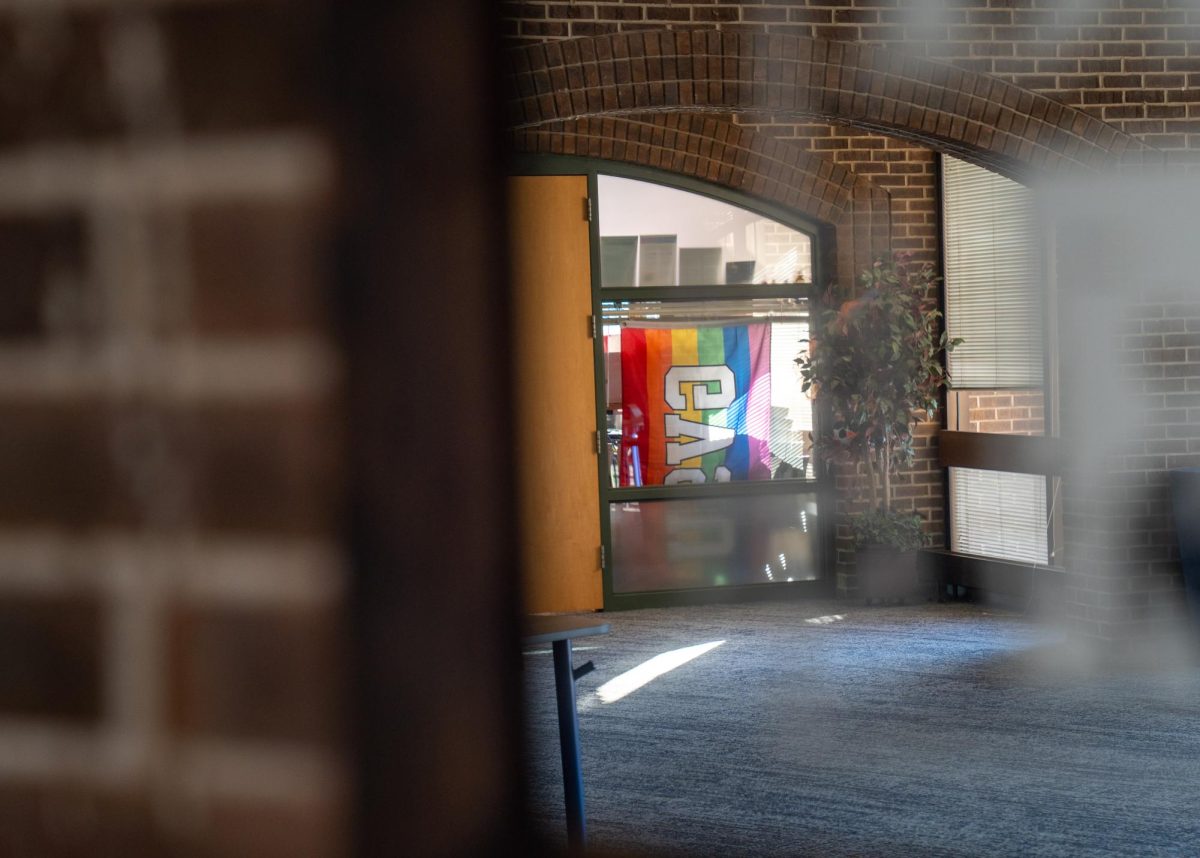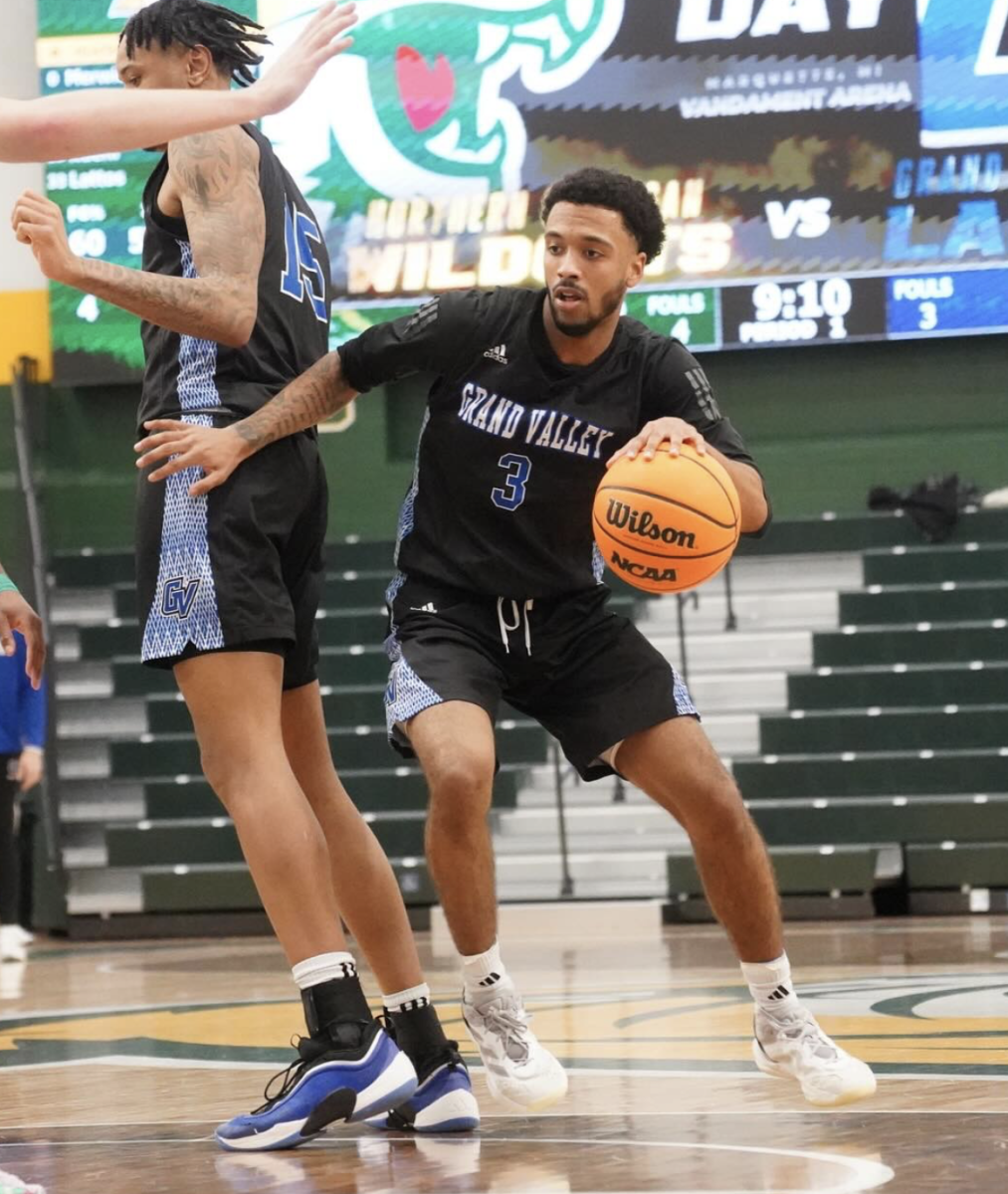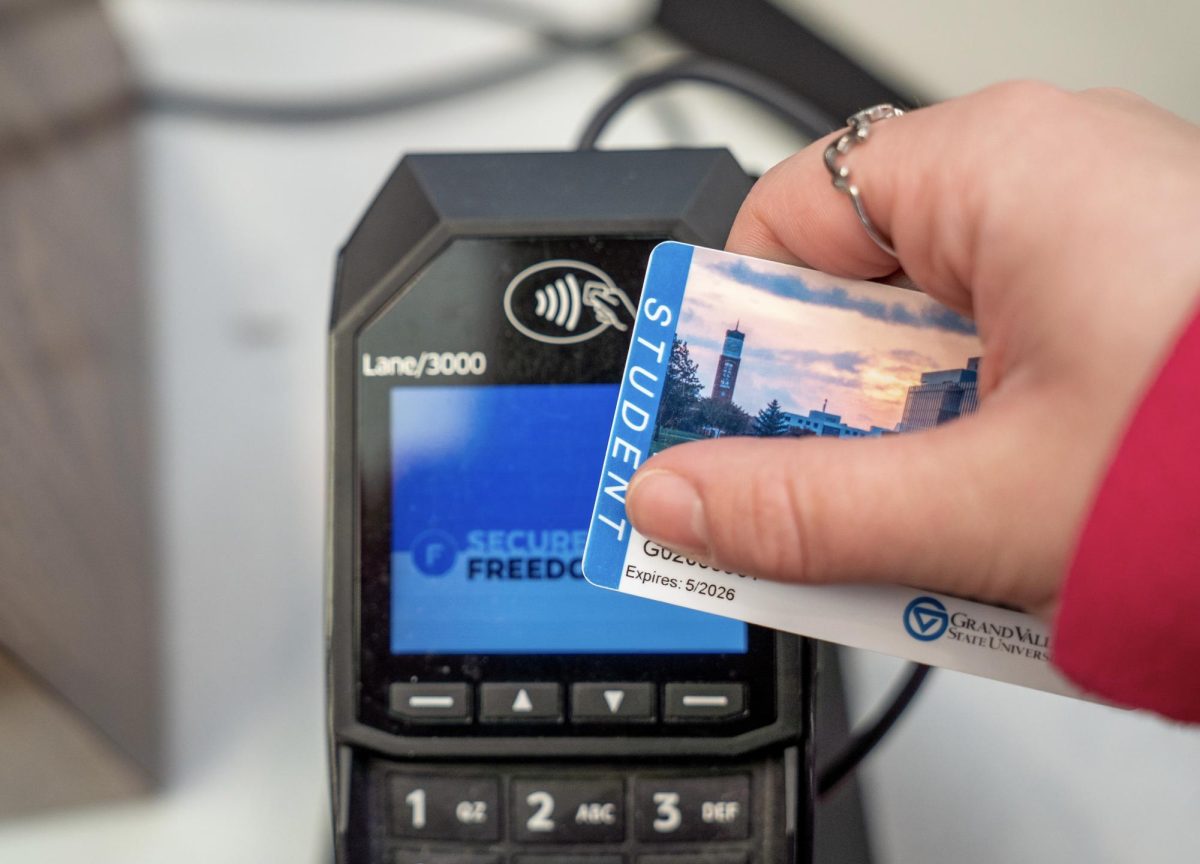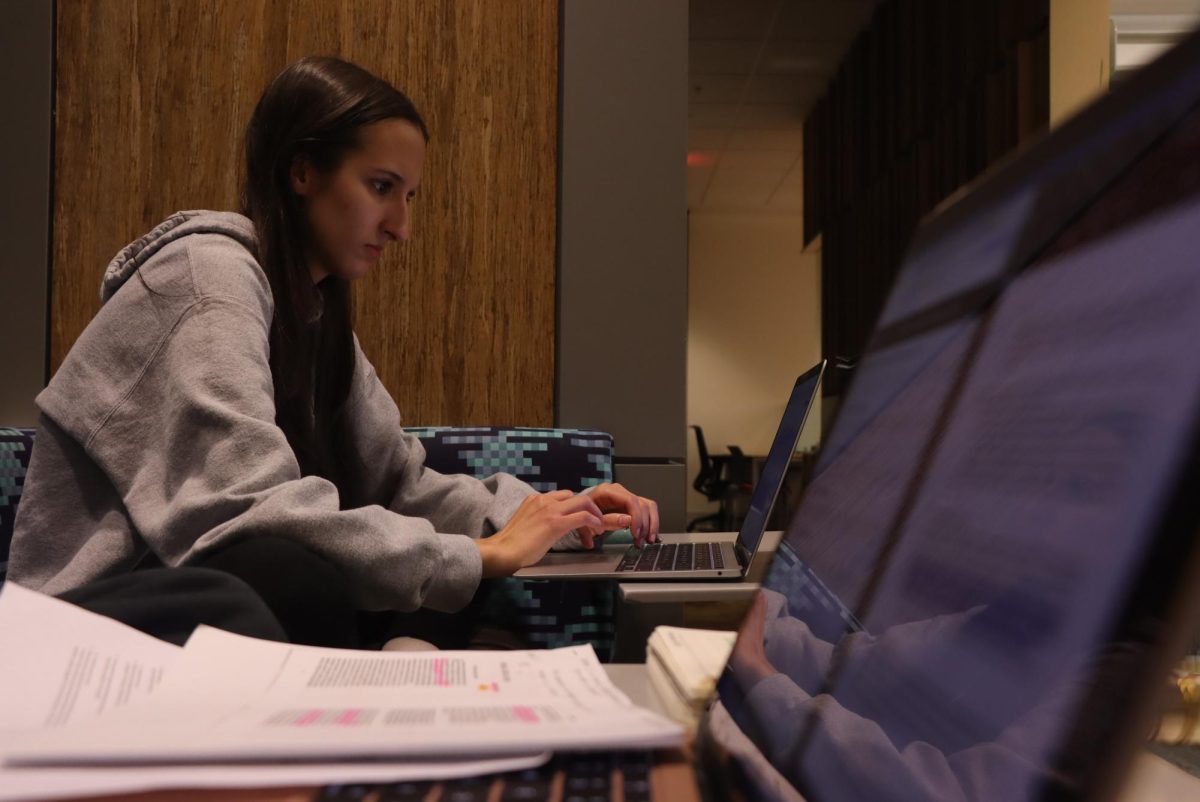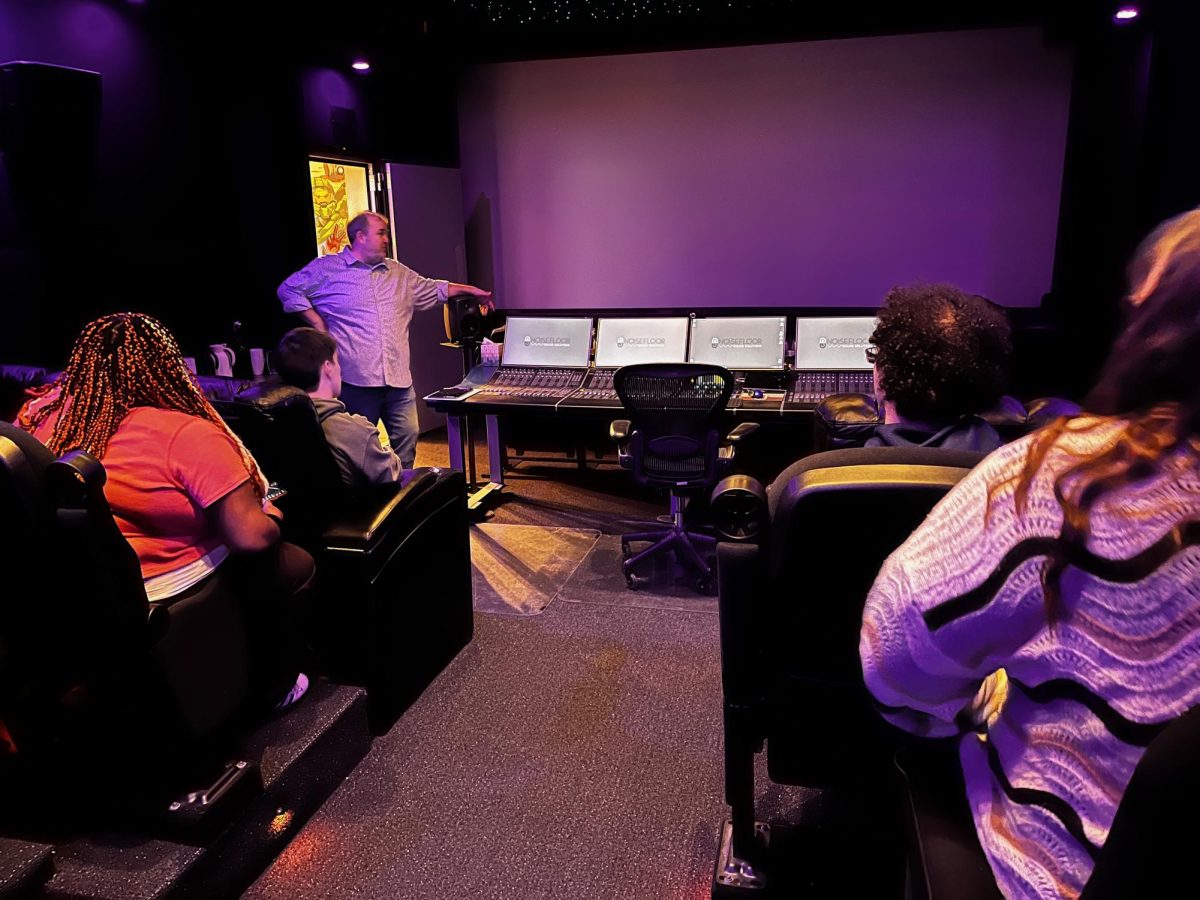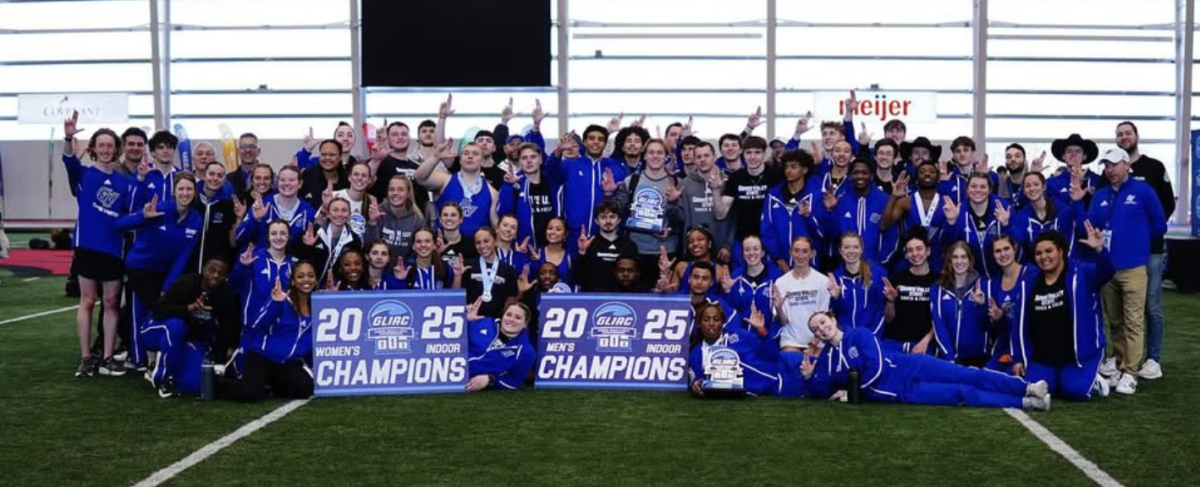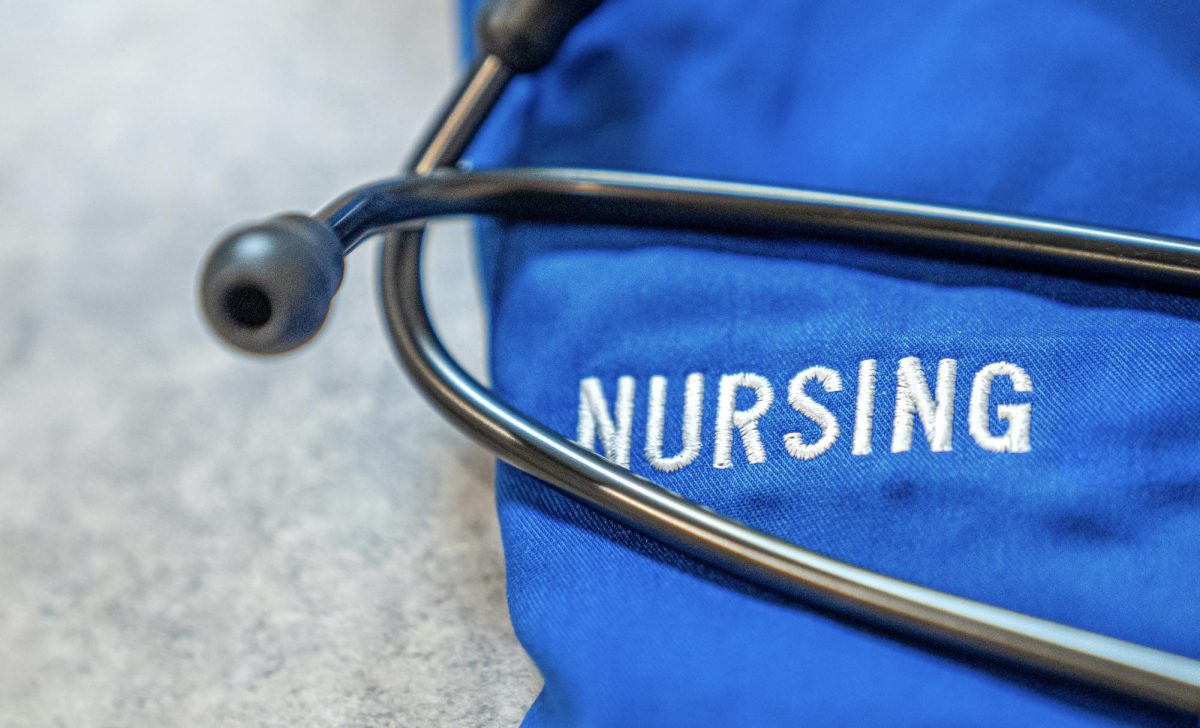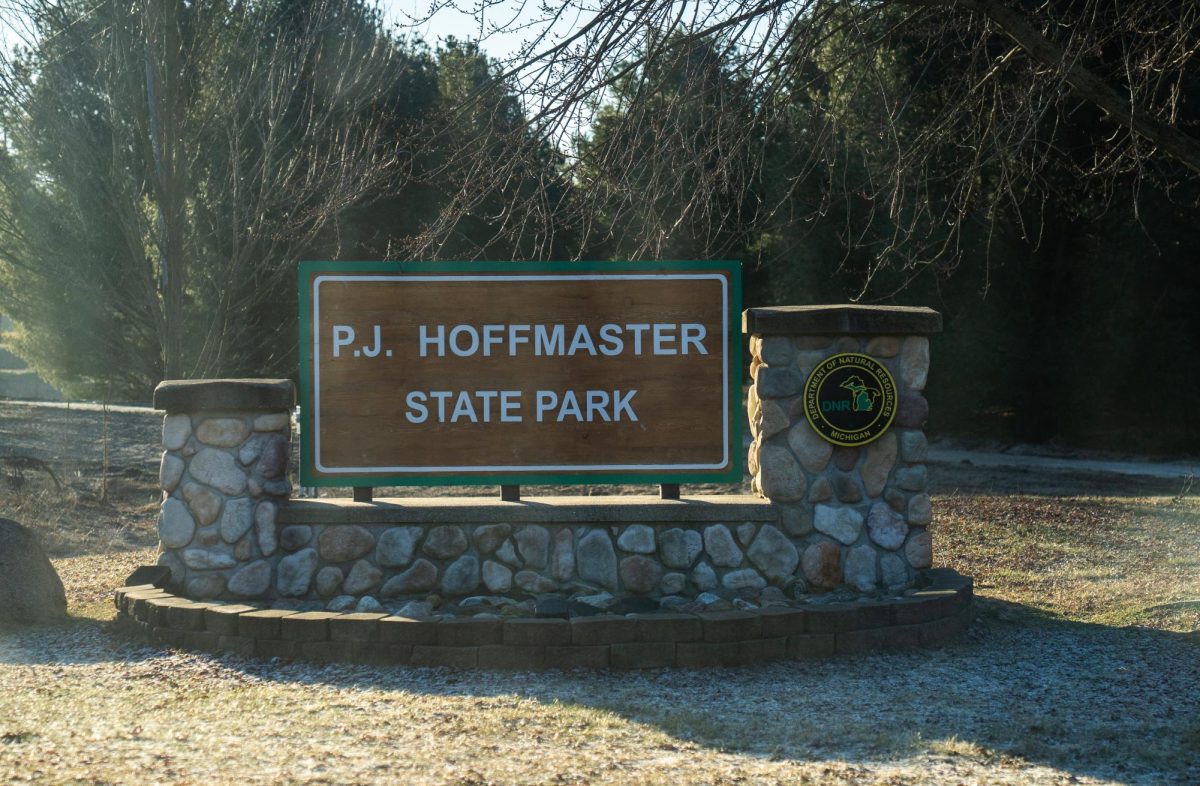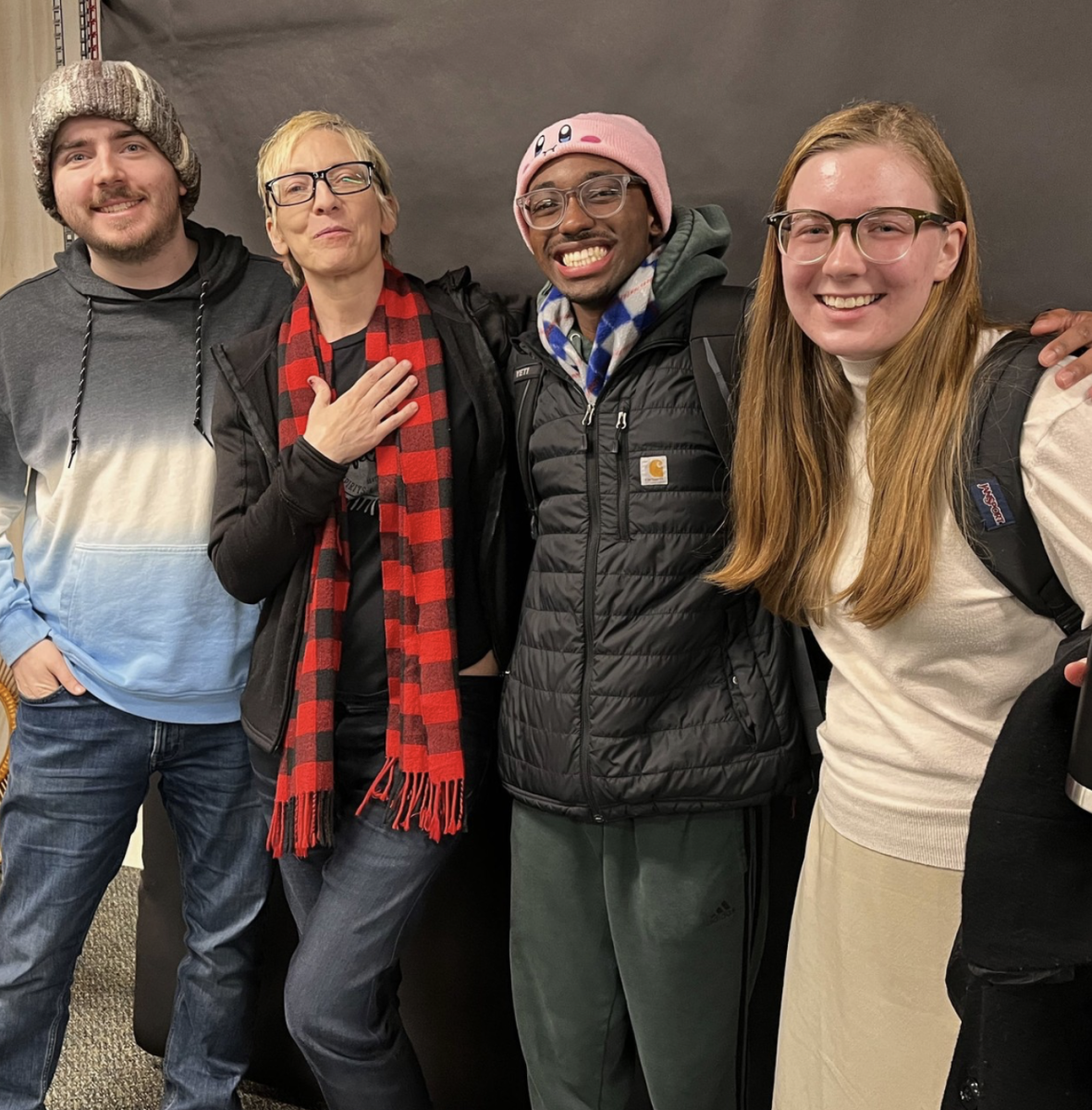University Counseling Center encourages community to take suicide prevention training
Oct 12, 2020
Sometimes the only thing standing in the way of asking someone about suicide is a lack of knowledge. Is it okay to ask someone about whether they have suicidal thoughts? Will it make them angry if I do? For students who ask these questions and who have felt powerless in helping others cope with their suicidal thoughts, QPR training teaches you how to help.
This semester, the University Counseling Center is hosting a series of virtual QPR Suicide Prevention Training sessions where they explore the topic of suicide and how important it is for everyone to get involved in preventing it. For many college students, it can feel like we are powerless against it. Evoking its name is enough to cause uncertainty and hesitation for those who don’t understand it.
The training session offered virtually on Thursday, Oct. 8 not only worked to combat uncertainty and fear in its participants, also provided strategies to use when trying to help someone, explained common myths about suicide, and gave warning signs of when someone might be experiencing suicidal thoughts. After going through the training session, each participant was officially certified to be a Gatekeeper for the GVSU community, allowing them to be in a better position to help those around them get the help they need when they need it most.
Each training session is run by a different member of the GVSU Counseling Center, and for the session that I attended our host, Kathleen, was very kind and welcoming. She walked the participants through a presentation that provides answers to common misconceptions, addresses concerns and questions about how to help others, and discusses local organizations and resources that are available to help those in need.
QPR stands for Question, Persuade, and Refer, which are the three steps someone should take when helping someone who may have suicidal thoughts. One of the biggest myths about suicide is that you shouldn’t directly ask someone about it, because you might offend them, make them angry, or push them into a suicidal episode. This is false.
“Asking someone directly about suicidal intent opens communication, lowers anxiety, and lowers the risk that the person will act impulsively,” said Kathleen. “Most importantly, it lets them know that someone cares enough to ask.”
The training program is very inviting, sensitive to the subject matter, and welcoming to those of all knowledge and backgrounds with suicide prevention. Each session is only one hour long and takes the form of a questions and answer session to address typical concerns and questions that people commonly have about the topic. Not only are the instructors professionally trained in these areas, but they are overwhelmingly gentle and supportive throughout the discussion.
“These sessions are for every person interested in learning more,” Kathleen said. “And it doesn’t matter from what background you come from, or your previous knowledge level.”
Any questions can be answered, and she encouraged participants to think about what they have experienced in their own lives that they might be able to understand better with their new knowledge. There were many great learning moments throughout the training, but one of my favorites was why we should get involved in suicide prevention.
“Since almost all efforts to persuade someone to live will be met with agreement and relief, don’t hesitate to get involved,” Kathleen said.
At the end of day, we as a community can make the decision to prevent the tragedy of suicide by learning more about it. Conquering our fears often begins with a crucial first step: knowledge.
For students interested in participating in a training session, you can visit https://www.gvsu.edu/counsel/virtual-campus-qpr-305.htm for more information. Though the October sessions are now over, more are scheduled for Nov. 11 and Dec. 8. It’s never too late to get involved and learn more about how you can help others within our campus community.





